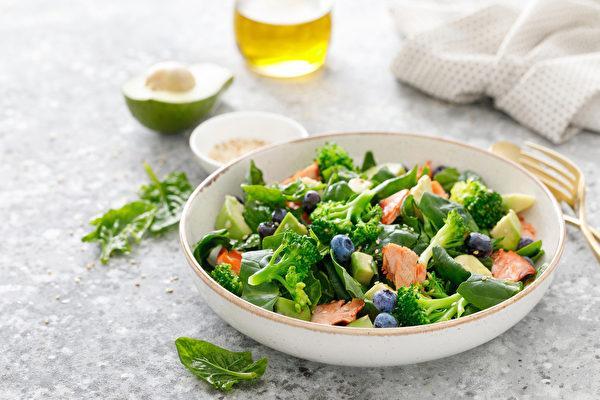1. Fermented Foods
Fermented foods are generally rich in various live and active cultures that promote the growth of beneficial bacteria in the gut, thereby maintaining gut health. Consuming fermented foods also helps maintain weight and reduce the risk of diabetes, cancer, and cardiovascular diseases.2. Cruciferous Vegetables
Cruciferous vegetables are a rich source of antioxidants and vitamins, including carotenoids, polyphenols, vitamin C, and folate. They are also high in glucosinolates, which are compounds that break down into potent anticancer substances such as indoles and isothiocyanates, as demonstrated in vitro and in animal studies.Cruciferous vegetables contain goitrogens, which can interfere with iodine absorption. Therefore, individuals with hypothyroidism should avoid consuming raw cruciferous vegetables and cook them before consumption.
3. Ginger and Turmeric
Ginger and turmeric are functional foods belonging to the Zingiberaceae family. They are widely used as a tea, spices, dietary supplements, and natural medicines, owing to their anti-inflammatory and immune-strengthening properties.4. Berries
Berries are a natural source of phytochemicals with potent antioxidant activity. They are rich in polyphenols, which have both antioxidant and antibacterial properties and can protect against damage caused by free radicals. Consuming berries can help prevent osteoporosis, neurodegenerative diseases, and inflammation.5. Legumes
Legumes are a rich source of bioactive compounds such as carbohydrates (polysaccharides and oligosaccharides), protein, phenolic compounds (phenolic acids, flavonoids, and proanthocyanidins), as well as various minerals and vitamins that are beneficial to human health.6. Hemp Seeds
The hemp plant’s seeds can be eaten or used to make oil after removing the outer shell. Hemp seeds have excellent nutritional value as they are rich in essential fatty acids (EFA) and other polyunsaturated fatty acids (PUFA) required by the human body.Hemp seeds have nearly as much protein as soybeans and are rich in vitamin E and minerals such as potassium, phosphorus, sodium, magnesium, calcium, sulfur, zinc, and iron. In addition, hemp seeds contain high concentrations of omega-3 and omega-6 fatty acids, which benefit cardiovascular health.
7. Coffee
Coffee is one of the most popular beverages worldwide. Studies have shown that drinking coffee is associated with reduced risks of developing Parkinson’s disease, Type 2 diabetes, head and neck cancer, colorectal cancer, breast cancer, and liver cancer.8. Pomegranate
Pomegranate is an antioxidant food rich in flavonoids, anthocyanins, tannins, punicic acid, and alkaloids; it has antihypertensive, antiatherogenic, and anti-inflammatory properties. In addition, pomegranate juice has been found to have a more potent antioxidant potential than red wine or green tea.9. Dark Chocolate
Chocolate contains healthful nutrients for the heart, such as flavonoids, methylxanthines, polyphenols, and stearic acid, which can reduce inflammation and increase good cholesterol (HDL cholesterol).10. Artichoke
Artichoke is a common ingredient in the Mediterranean diet. Artichoke extract supplementation can significantly reduce total cholesterol, LDL cholesterol, and triglycerides, which may benefit patients with hyperlipidemia undergoing lipid-lowering therapy.Summary
It is important to note that while certain foods may benefit health, their processing may render them less healthful. For example, commercially produced bottled green tea is often made using low-quality tea leaves cut into small pieces and brewed with sugar. Similarly, many commercially available fruit juices contain high levels of added sugars.Some superfoods may offer additional benefits to a healthy diet, but diversity and moderation are equally important. This is because the human body requires an array of vitamins and minerals. Not only should we incorporate a variety of foods, but we should t also consume them in moderation. Some superfoods may interfere with medications and treatment for individuals with chronic diseases. It is essential to consult with a doctor or nutritionist before incorporating them into your diet.




